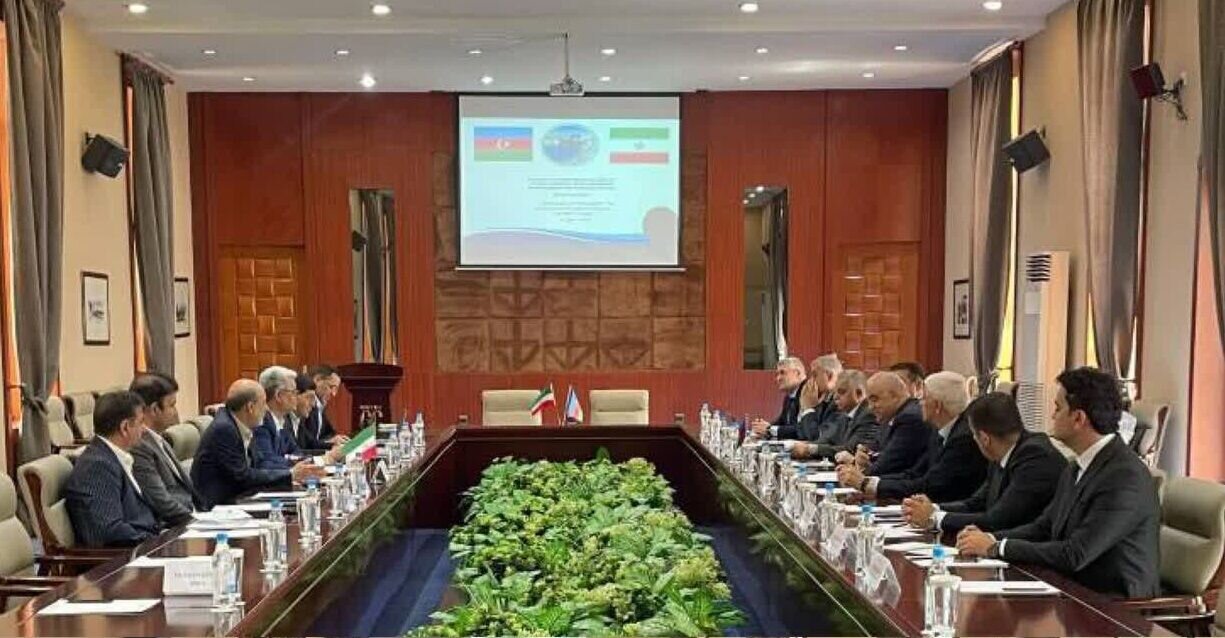
Similar Posts

Tehran’s Historic Bazaar Erupts in Protests Amid Rising Inflation and Falling Rial Value
In a rare display of dissent, Tehran’s historic bazaar saw business owners and employees strike on Sunday due to escalating inflation and soaring foreign currency rates. Beginning with shoe sellers, the protests quickly spread across several sectors, reflecting widespread discontent amid Iran’s dire economic conditions. Merchants expressed concerns over skyrocketing raw material costs and the devaluation of the rial, with many struggling to sell goods. The protests are reminiscent of historical movements tied to major political change, raising fears of further unrest as at least one-third of Iran’s population now lives below the poverty line. Security forces were deployed to manage the demonstrations.
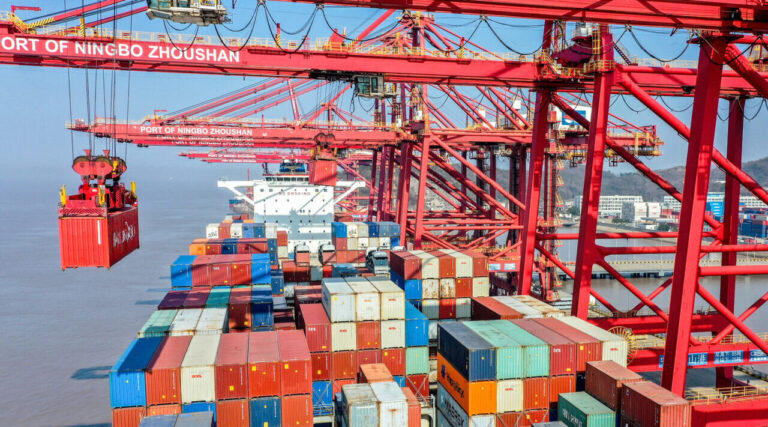
Iran’s Non-Oil Exports Surge to Record High in Just 11 Months!
Iran’s economic performance is on the rise, with the Islamic Republic of Iran Customs Administration (IRICA) reporting $53 billion in non-oil exports between March 2024 and February 2025. This marks a record for the country, with total trade in non-oil goods exceeding $117 billion. Rouhollah Latifi, spokesman for the Trade Promotion Commission, projects non-oil exports could reach $58 billion by March 2025. Amid ongoing sanctions, Iran’s focus on diversifying its economy through agriculture and manufacturing aims to reduce reliance on oil revenues. Government support for exporters is expected to further enhance competitiveness and economic resilience in global markets.
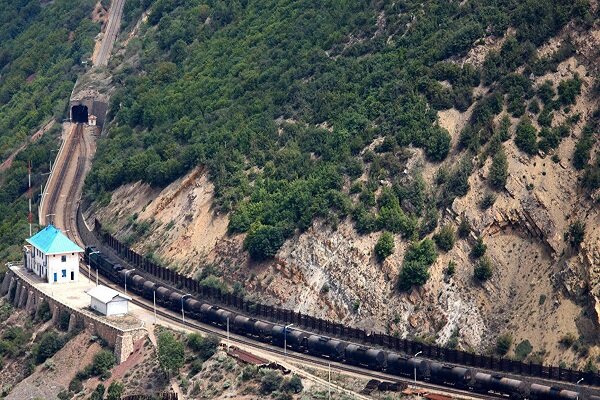
Russia Set to Launch Rasht-Astara Railway Studies in Just 2 Months!
Russia is set to begin engineering studies for the Rasht-Astara railway, enhancing trade and connectivity with Iran, as confirmed by Russian Transport Minister Roman Starovoit. The executive agreement for the project is expected to be finalized by March 2025, following a recent annex agreement that allows preliminary studies. The 162-kilometer railway will link Rasht in Iran to Astara on the Azerbaijan border and is estimated to cost €1.6 billion, with Russia providing a €1.3 billion loan. This project is part of the larger International North-South Transport Corridor, aimed at improving regional trade routes and economic ties.
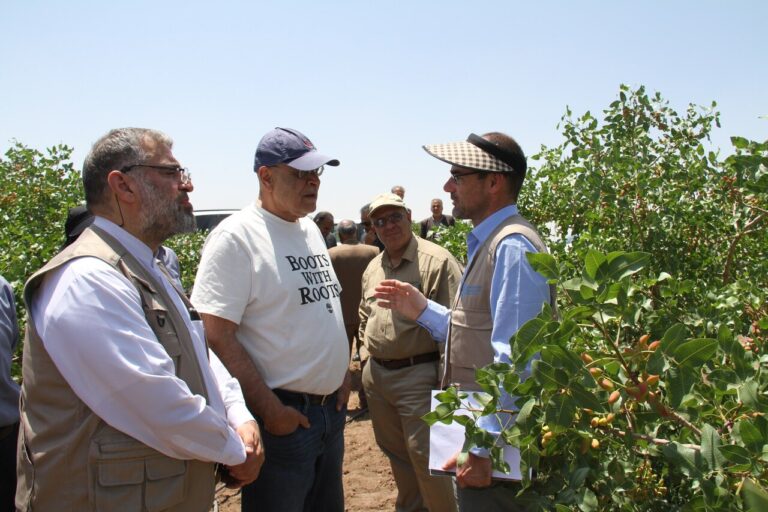
FAO Expert Visits Iran to Enhance Pistachio Competitiveness and Global Market Reach
The Food and Agriculture Organization (FAO) has made notable progress in enhancing the export standards of Iranian pistachios with a recent delegation visit to Kerman Province. This initiative, part of a Technical Cooperation Project, aims to improve sampling and testing for contaminants, particularly aflatoxins, in line with EU regulations. The delegation, including FAO consultant Benoit Glaud, assessed procedures at various laboratories and facilities, conducted training workshops on best practices, and focused on Good Agricultural Practices (GAP) for growers. By strengthening lab capabilities and aligning with international standards, the project aims to boost the quality and competitiveness of Iran’s pistachio exports.
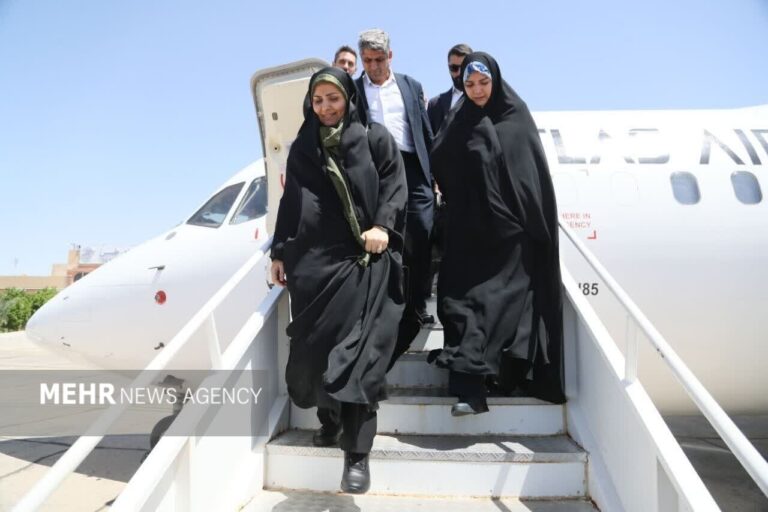
Iran’s Roads Minister Strengthens Transport Cooperation with Iraq During Key Visit
Iran’s Minister of Roads and Urban Development, Farzaneh Sadegh, visited Iraq to bolster transportation ties, focusing on the Shalamcheh–Basra railway and improving pilgrimage facilities for the upcoming Arbaeen event. Welcomed by Iraq’s Deputy Minister of Transport, Sadegh plans to meet with top officials, including the Prime Minister, to discuss cooperation, the status of bilateral relations, and logistical challenges for pilgrims. The railway project aims to enhance travel and trade between the nations. Sadegh’s visit underscores their commitment to strengthen cultural and economic connections through improved transport infrastructure, benefiting both countries in the long term.
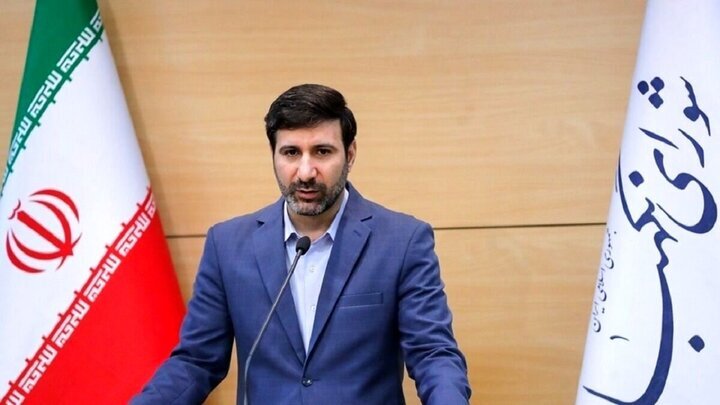
Guardian Council Greenlights Iran-EAEU Free Trade Agreement: Key Spokesman Announcement
Recent developments regarding the Free Trade Agreement (FTA) between Iran and the Eurasian Economic Union (EAEU) have garnered attention. Hadi Tahan Nazif, spokesperson for the Guardian Council, confirmed the FTA’s compliance with Islamic law and the Iranian Constitution, indicating its impending implementation by late March or early April. This agreement aims to enhance trade relations, offering opportunities in agriculture, manufacturing, technology exchange, and investment. The FTA is seen as a pivotal step for Iran’s economy, potentially leading to job creation and economic stability, while positioning Iran favorably within the regional economic landscape.